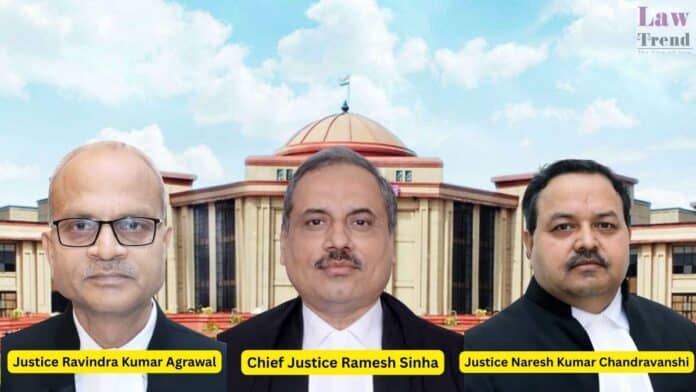The High Court of Chhattisgarh, in a significant ruling, has held that reinstatement in service is not an automatic consequence of a workman’s retrenchment being declared illegal. A Full Bench, comprising Chief Justice Ramesh Sinha, Justice Naresh Kumar Chandravanshi, and Justice Ravindra Kumar Agrawal, clarified that the relief granted—be it reinstatement or monetary compensation—must be




